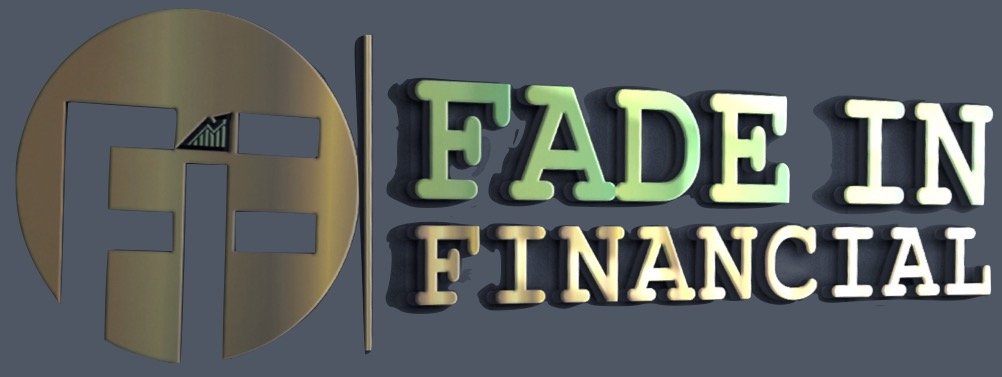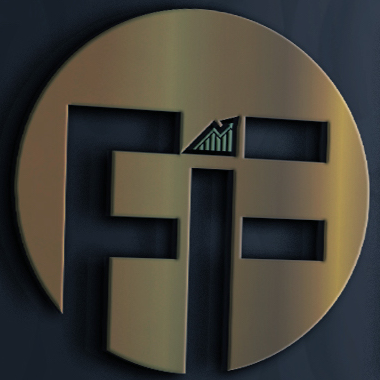There Will Always Be Unprecedented Times
“I’m going to find moral redemption at the roulette table.”
- THE BIG SHORT written by Charles Randolph, Adam McKay, and Michael Lewis, directed by Adam McKay
(4-minute read)
John Templeton was an investor and fund manager throughout the 1900s. He made his initial fortune by purchasing stocks during the Depression of the 1930s. Templeton authored one of my favorite quotes: “The four most dangerous words in investing are: This time it’s different.”
I can’t imagine what the sentiment was in the country at that time. But it was a scary time for Americans. The 1930s were unprecedented for the United States and the world.
Now, nearly 100 years later we have entered another period of unprecedented times. These are the only two instances, right?
TULIPS
Tulips made people rich and bankrupted others. Yes, flowers. In the Dutch Republic during the 1630s, tulip bulbs were reportedly selling for ten times as much as some people were making in a year. Tulips weren’t readily available throughout Europe. They became a symbol of luxury. It was madness. Merchants were able to sell tulip bulbs for insane profits. The hysteria became so rampant that eventually there were no new buyers for tulip bulbs. Too many people bought them! The demand fell and the prices collapsed.
Then the prices reverted back to the mean after those unprecedented times. You don’t have to take out a second mortgage to buy tulips, right? Selling goods and services returned to normal within a few years after the beginning of “tulip mania.”
BLACK MONDAY
On Monday, October 19, 1987, the Dow Jones Industrial Average dropped 22.6% and traded at 1,738. It was the largest single-day drop in stock market history. It was truly unprecedented. There was worldwide panic, and the hit was not just felt in the United States. Markets all over the world took a dive.
The Dow Jones was up over 40% for the year by the time mid-October rolled around and was thought to be “over valued.” A few days earlier, the U.S. announced a much bigger trade deficit than expected, the dollar weakened, and interest rates were about to rise. All of these factors, and more, were the cause of such a dramatic sell-off. Today, the Dow Jones is over 40,000.
DOT COM BUBBLE
This new invention called the World Wide Web happened in the 1990s. The NASDAQ stock market index, which tracked most of the dot com companies, fell 78% from 2000 to 2002. Pensions, 401(k)s and retirement accounts plummeted.
The NASDAQ was trading at 1,180 in October of 2002. Today it’s over 16,800. If you were invested during the early 2000s, those unprecedented times took a toll, both financially and emotionally.
The stock prices of internet companies were soaring, as they had millions of people viewing this new technology on a daily basis. But many of those companies couldn’t convert that into revenue and the stock prices took a nosedive. Some dot com companies went out of business quickly.
2008 FINANCIAL CRISIS
The 2008/2009 crisis was global. There was fear that the entire world’s financial system was going to collapse. The Dow Jones was trading above 13,200 in January of 2008, and below 6,500 in March of 2009. This was another very scary, unprecedented time.
The Great Recession was caused by a number of factors including the bursting of the housing bubble in the U.S., followed by the subprime mortgage crisis. If you’ve seen the movie The Big Short, you might have a good sense of what happened. Today the Dow Jones is over 40,000.
COVID-19
I don’t really need to go into this do I? It was unprecedented for 100 years (hello Flu!). The S&P 500 went down to 2,191 in March of 2020. It is currently above 5,400.
HOW DOES IT END?
There will always be unprecedented events in our lifetimes. I want to share another quote I heard recently from Carl Richards regarding scary markets: “They all start for different reasons. But they all seem to end the same.”
I love that perspective. Obviously this depends on how you’re invested. But, overall, the stock market tends to revert back to “normal” after a crisis, however you define “normal.” How long that takes depends on the circumstances.
I’ve never experienced a tariff and trade war. I have no idea how this is going to play out. Based on historical evidence, it seems reasonable to believe that the markets will rebound. After this subsides, there will be another one. Like Carl said, history has shown that it will start for a different reason. But history has also shown that it will end the same way.
If you’d like more information about investing, you can schedule a complimentary meeting HERE.
Join the email list and receive the NO NOTES! newsletter with blog/video updates.
For disclosure information: Website Disclaimer
—

